By Shahzad Hussain Hamdani
One cannot forget the day of February 23, 1991, when units of the Indian army launched a search and interrogation operation in the village of Kunan Poshpora, located in Kashmir’s remote Kupwara District. At least 53 women were allegedly gang raped by soldiers that night. However, Human Rights organizations including Human Rights Watch have reported that the number of raped women could be as high as 100. Although the Indian government’s investigations into the incident rejected the allegations as “baseless.”
History counts that a large number of armed personnel entered into the houses of villagers and at gunpoint they gang-raped 23 ladies, without any consideration of their age, married, unmarried, pregnancy etc… there was a hue and cry in the whole village.
On March 18, divisional commissioner Wajahat Habibullah visited the village, and filed a confidential report, parts of which were later released to the public. He concluded:
“While the veracity of the complaint is highly doubtful, it still needs to be determined why such complaint was made at all. The people of the village are simple folk and by the Army’s own admission have been generally helpful and even careful of security of the Army’s officers… Unlike Brig. Sharma I found many of the village women genuinely angry … It is recommended that the level of investigation be upgraded to that of a gazetted police officer.”
Outraged over the government’s handling of the situation, divisional commissioner Wajahat Habibullah immediately resigned, and asked for early retirement from the Indian Administrative Service.
In response to criticism of the government’s handling of the investigation, the army requested the Press Council of India to investigate the incident. The investigative team visited Kunan Poshpora in June, more than three months after the alleged attacks. Upon interviewing a number of the alleged victims, the team claimed that contradictions in their testimony rendered their allegations of rape “baseless.” The team interviewed hospital officials who stated that one of the women who had been pregnant at the time of the incident had given birth to a child with a fractured arm just 4 days afterwards. She claimed that she had been kicked during the rapes; a pediatrician who visited the village as part of the Jammu and Kashmir People’s Basic Rights Committee, confirmed her story. The Press Council team claimed that the fetus had been injured during delivery. Medical examinations conducted on 32 of the women between March 15 and 21, nearly one month after the incident, confirmed that the women had wounds on their chests and abdomens, and that the hymens of three of the unmarried women had been torn. The team claimed that “such a delayed medical examination proves nothing” and that the medical findings were typical among villagers. Ultimately, the team concluded that the charges against the army were, “well-concocted bundle of fabricated lies” and “a massive hoax to reinscribe Kashmir on the international agenda as a human rights issue.
Although the Indian authorities still consider it baseless and have now shut the doors of investigations and re-opening of the case, the wounds are still open in the minds and heart and the trauma of that barbaric incident won’t vanish till the culprits are brought to book and hanged till death.











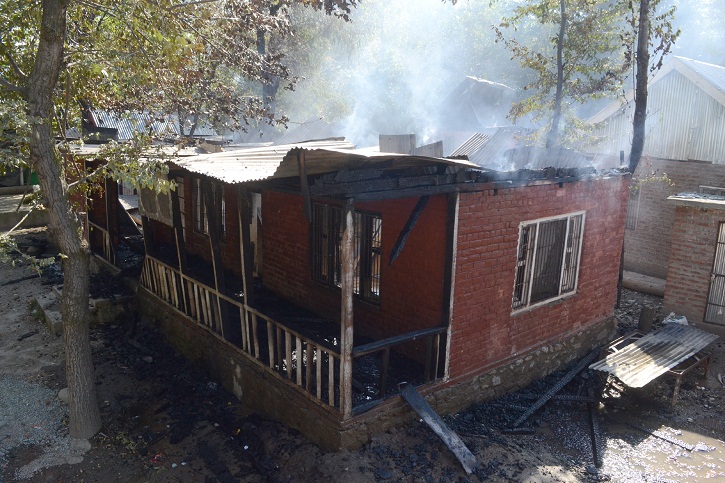
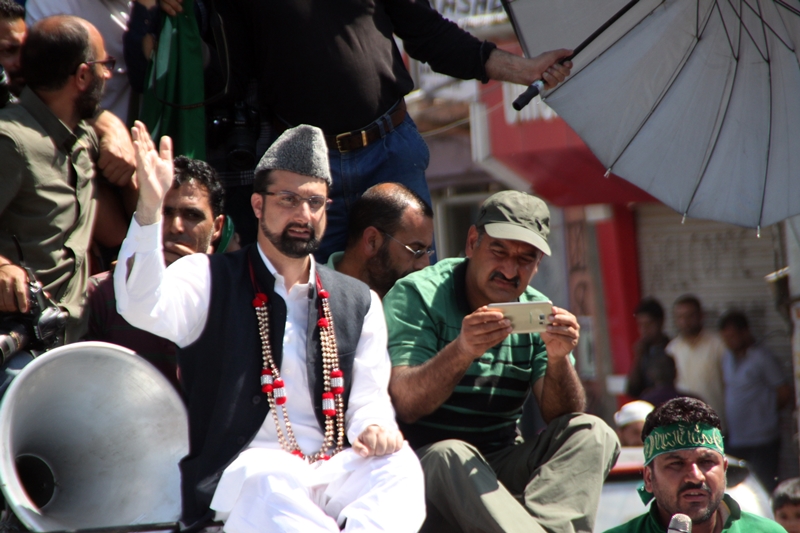
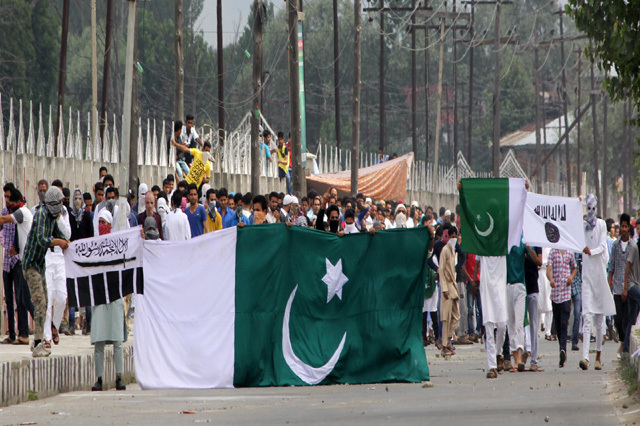
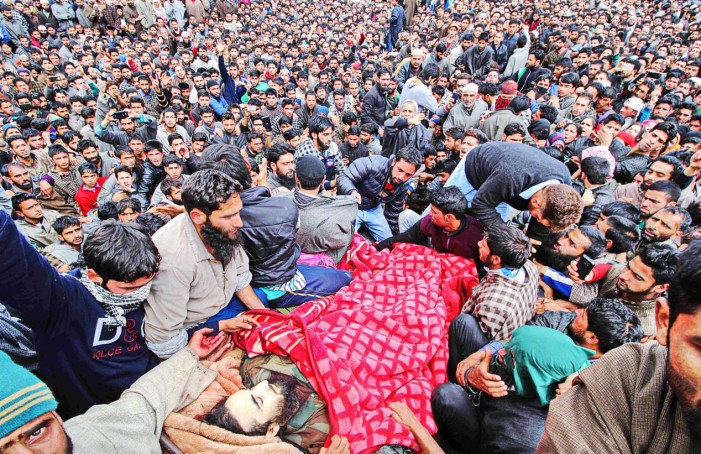
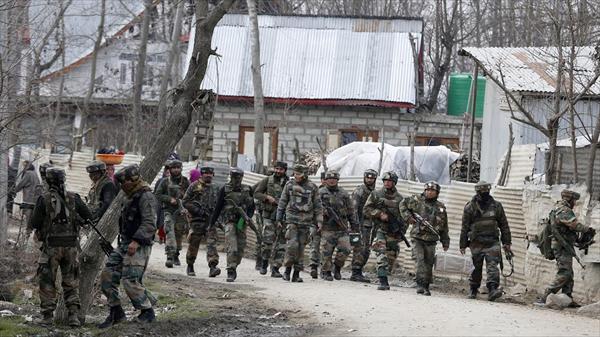
Leave a Reply